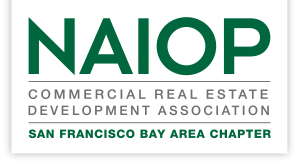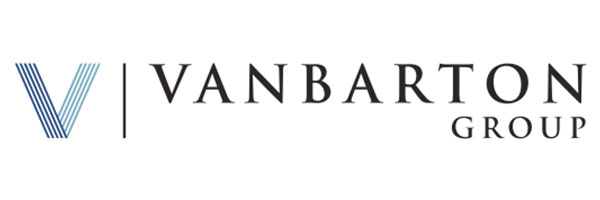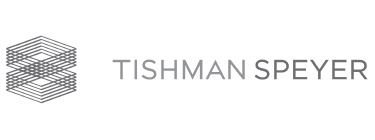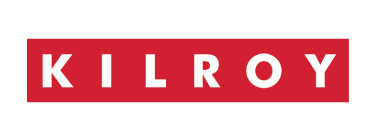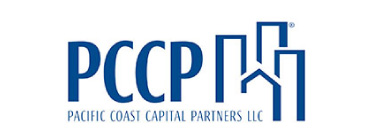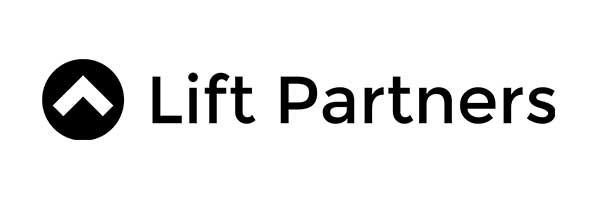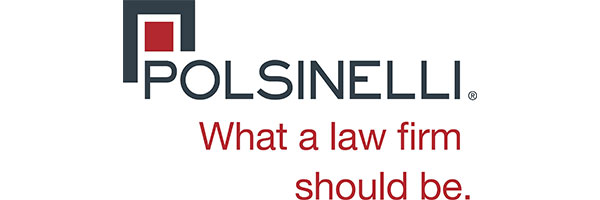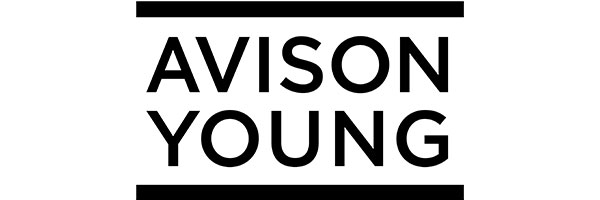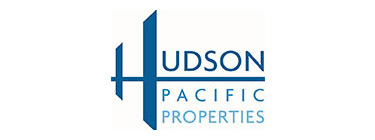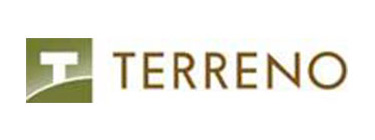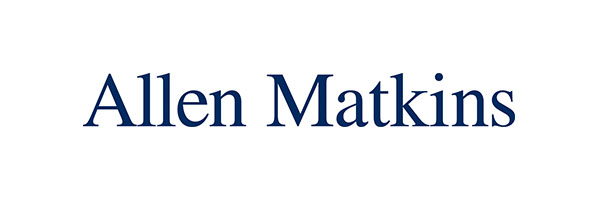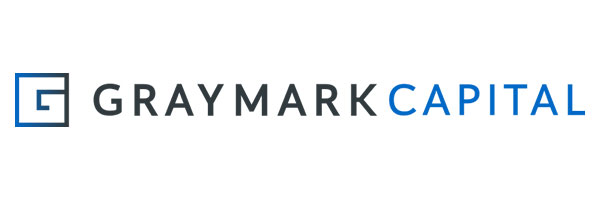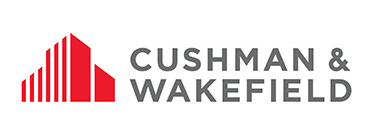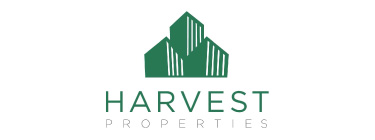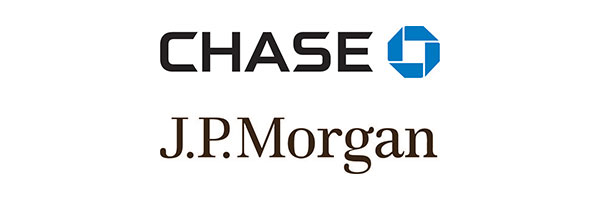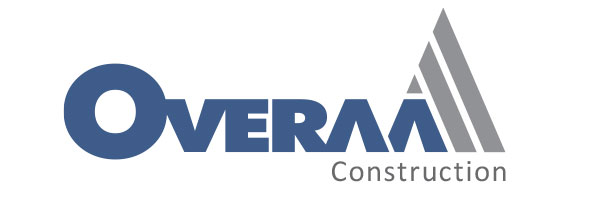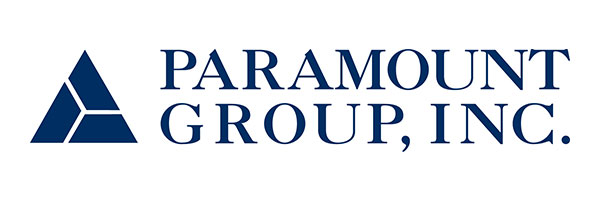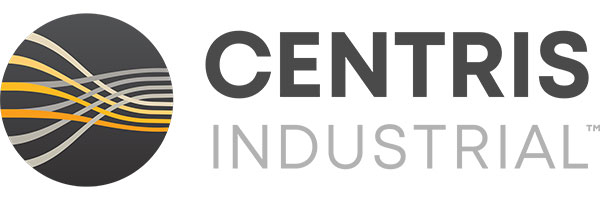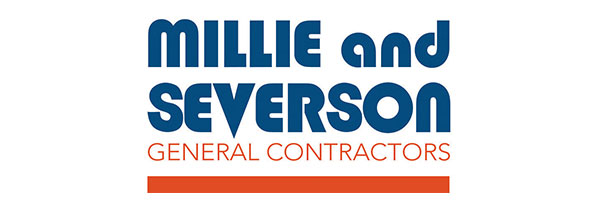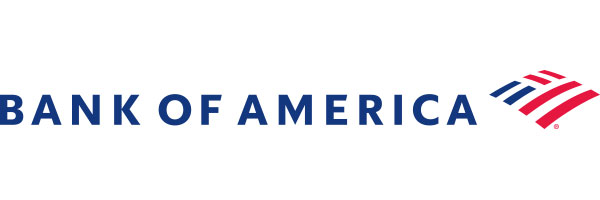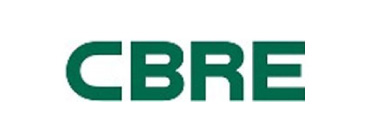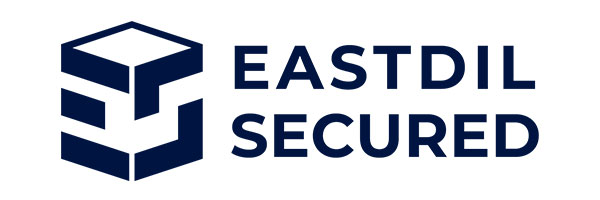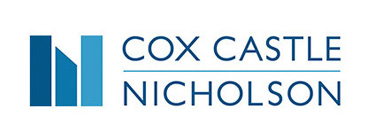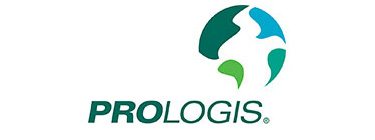What You Missed at the Technology in CRE Event

The Chapter kicked off 2019 with an exceptional event, Technology in Commercial Real Estate on January 23rd at the historic and soon to be reimagined Armory in San Francisco. Chaired and organized by Stew Cedarleaf, Senior Investment Manager, Five Point Communities the program brought together six thought leaders for a thought-provoking discussion about how technology is being deployed to enhance productivity, democratize investing, and increase performance.
Moderator Steve Campbell, SVP, Prologis Ventures posed specially crafted questions for each panelist which resulted in a robust conversation. Steve engaged the audience and explored how each company is increasing efficiencies, gathering and analyzing data, working with customers to drive adoption and ultimately driving the future of commercial real estate tech.
Panelists included:
Dan Ryan, CEO, VergeSense
Mike Sroka, CEO, DealPath
Arvin Vohra CEO, Redaptive
Jason Freedman, General Manager- Knotel
Andrea Jang, Grow and Integration, JLL Spark
Background on each company and central points:
VergeSense - Optimizes workplaces with AI powered utilization analytics. Offers clients sensors as a service platform to track utilization of office space and drive optimization.
Campbell asked: How are your predictive analytics tools being used? How do they view data rights and privacy? Does using the tool lessen demand?
Ryan shared these insights:
- Their study shows most office space was 40% utilized in 2018.
- Clients use data/analytics to make better space planning/amenity decisions.
- Sensors are more seamless/reliable than traditional method of using consultants.
- Currently there is a huge gap between collecting and using data.
- Data collection is anonymous.
- They focus on building trust with users to allay privacy concerns.
- Impact on demand not as “scary” as developers might fear.
DealPath Purpose - built platform for real estate investment and development teams to drive maximum value from pipeline to portfolio management. Addresses important aspects of the capital deployment process with software tools that help investment managers and development teams be more efficient and leverage data to make informed decisions.
Campbell asked: How have you overcome the issue of integration with legacy systems (such as Excel and Salesforce) as well as the barriers associated with change? How has leveraging data to make more informed decisions played out for users of your platform?
Sroka’s key comments included:
- Many of today’s owners have explicit mandates to meet requiring new tools.
- They have drafted off success of other collaborative services and digital storage providers such as Dropbox.
- Their 2nd phase product is more industry specific providing deeper value add.
- They see the future as more programmatic.
- How to organize and structure – visualize steps and automate.
- Challenges - centralizing data with appropriate accountability and visibility, creating comps easily.
- Approx. 100% of the market realizes tracking is a pain in the a**.
- 50% of the companies are trying to solve for it with cumbersome solutions.
- Dealpath is focused on the 50% of the market that are looking for elegant solutions – the others will adapt or die.
- Leveraging the tools creates a sense of accountability among teams.
- Mike predicted that the institutional real estate industry will continue to consolidate into larger and larger companies, increasing the value of efficiency and consistency across transactions and operations.
Knotel – Flexible term office space platform offering space for users 25,000 SF and up. Designed to help companies quickly adapt to changing occupancy needs.
Campbell asked: How do you view the total addressable market for co-work options in your focus cities, and how does Knotel differentiate itself from brands such as WeWork? What is Knotel’s vision for sustainable growth?
Freedom’s major points included:
- Their market is fortune 1000 companies with at least 100 desks, often much bigger.
- WeWork is focused on 4-5 desks (huge demand, however just 2% of office users).
- Offers customers a 90 day out clause on large chunks of space. CFO’s love it.
- Customers need places to work in up market or down markets
- They take shell space as is without need for TI’s - landlords do less work, make more money.
- They use modular components (desks, conference rooms, etc.) built off site (faster, cheaper, greener)
- They manufacture their own desks with replaceable compenents and replace desktops when they wear out.
- Has 2.5 million sf globally and 400k sf in SF. Planning additional 1.5 million sf in SF.
Redaptive - Utilities as a service program delivering savings with tools for financing energy efficiency improvements.
Campbell asked:
How does Redaptive capture the information needed for your programs? How big of an opportunity is there in the resultant energy use data that your company is harvesting? How do you address sensitive issues around data ownership?
Vohra’s insights included:
- They analyze data on HVAC, mechanical and plug load data with submeters
- Traditionally clients are depending on building engineers with outdated mindset to catch issues during routine maintenance.
- They currently have $175 – 200 million in contracts.
- Lights are just a way to get them in with customers. Moving into core asset upgrades too.
- 40% of bookings in 2018 were non-lighting.
- Their goal is lifetime relationships with customers implementing new technologies across portfolios.
- Customers own the data and store it in a private cloud.
- They believe unless customers are in the consumer space, they should always own their data.
JLL Spark – Global venture fund that identifies and delivers technology-driven real estate real estate offerings, creates new products, make strategic investments and incubates proptech start-ups.
Campbell asked: How is your plan to invest $100 million in proptech going? How have JLL’s global teams and customers responded to opportunities?
Jang shared these insights:
- There are more tech people getting in to disrupt the space (used to be real estate people).
- Investments need to be aligned with JLL’s core business.
- Looking for value add rather than just to make processes more efficient.
- They scrutinize the tech teams who are behind the tools they invest in.
- Currently have 10 investments: Meta Prop NYC, Navitas Capital, Skyline, HqO, Dealpath, Honest Building, Jones, Hubble VergeSense and Stessa.
